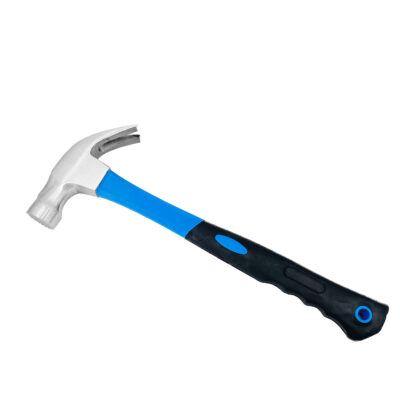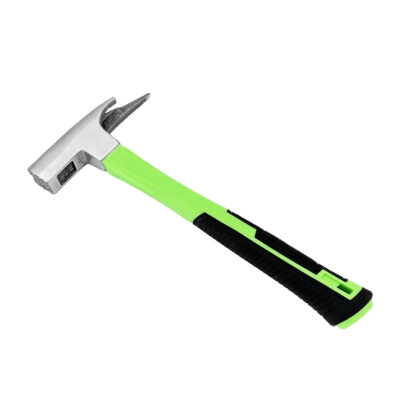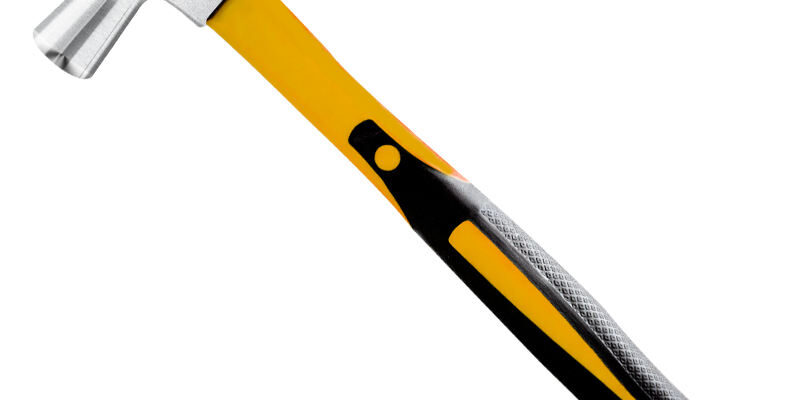🔧 Introduction: More Than Just a Striking Tool
Hammers are one of the oldest and most widely used hand tools, but their design continues to evolve for modern industrial needs. On construction sites, hammer design directly affects productivity, safety, and efficiency. For procurement managers and distributors, understanding design innovations is key to choosing the right hammers for professional applications.
⚙️ Material Selection and Durability
The durability of a hammer begins with its materials.
-
Steel Heads: Provide strength for heavy-duty striking tasks.
-
Fiberglass Handles: Offer shock absorption and lightweight handling.
-
Wooden Handles: Still popular for their natural grip and cost-effectiveness.
Heat-treated steel heads resist deformation, while anti-corrosion coatings extend service life—factors crucial when sourcing from trusted Hammer Manufacturers.
✋ Ergonomics and Worker Comfort
Long hours on construction sites demand hammers that minimize strain. Ergonomic handle designs reduce vibrations, improve grip, and help workers deliver accurate strikes with less effort.
Modern innovations include:
-
Anti-slip grips for wet or dusty environments.
-
Balanced head-to-handle ratios for precise control.
-
Shock-absorbing materials that lower fatigue over extended use.
For procurement, selecting ergonomically designed hammers translates into fewer workplace injuries and higher worker output.
🏗️ Specialized Hammer Designs for Construction Needs
Different tasks require different hammer types:
-
Claw Hammers: Ideal for framing and nail removal.
-
Sledgehammers: Essential for demolition and heavy striking.
-
Masonry Hammers: Designed for bricklaying and stonework.
-
Rubber Mallets: Useful for applications requiring non-damaging strikes.
By diversifying their hammer offerings, distributors can meet a broader range of customer demands, often combining orders with other essentials from Hand Tools Manufacturers.
🌍 Industrial Benefits of Optimized Hammer Design
For industrial buyers, improved hammer design leads to measurable business benefits:
-
Increased efficiency on construction sites through faster, more accurate work.
-
Reduced replacement costs due to higher durability.
-
Enhanced safety compliance with industry standards.
-
Greater worker satisfaction, improving overall productivity.
Bulk sourcing from reliable suppliers ensures consistency in quality and reduces supply chain risks.
🛠️ Customization and Branding Opportunities
Hammers can also be tailored to specific markets through customization:
-
Custom logos or branding on handles.
-
Unique grip colors for brand recognition.
-
Specialized coatings for specific environments.
These options allow distributors to strengthen brand identity while offering practical, high-performance tools.
✅ Conclusion: Building Productivity with the Right Hammer
On construction sites, productivity depends on the tools in workers’ hands. A well-designed hammer enhances safety, reduces fatigue, and ensures efficient performance. For procurement managers, investing in optimized hammer designs is not just a purchase—it’s a commitment to construction site productivity and long-term value.
Partnering with experienced hammer manufacturers provides access to durable, ergonomic, and customizable tools that keep construction projects running smoothly.
























